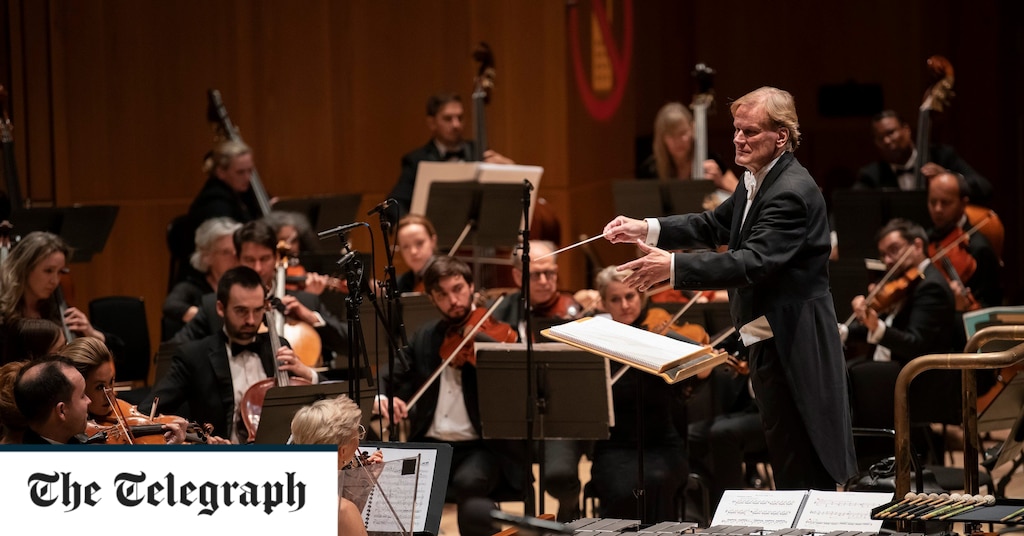It is a truth universally acknowledged that Joanna Lumley, the actress, campaigner and all-round Good Egg, is practically perfect in every way. The latest example of her ability to bring a light touch to a serious subject is a podcast with her husband, the composer and conductor Stephen Barlow, which launches tomorrow. Joanna & The Maestro explores their joint passion for (mainly) classical music, inspired by their concern about its dwindling accessibility and apparently inexorable decline into a niche subject for a mainly elite audience.
The Government’s National Plan for Music Education, set out in 2011 and reissued last June in a “refreshed” version, announces its “clear ambition to level up musical opportunities for all children, regardless of circumstance, needs or geography”.
But in the decade between versions, that ambition has not been realised: music A-level entries declined by 39 per cent; GCSE entries are down 31 per cent, with students in affluent areas far more likely to study the subject than those in deprived areas.
The star cellist, Sheku Kanneh-Mason, a shining example, with his equally talented siblings, of the excellence that a state music education can offer, seems likely to become part of a vanishing minority.
It was not always thus. My love of music began at my very ordinary state grammar school, where I took music GCSE, seriously considered music A-level and still stumble through Beethoven piano sonatas from a 19th-century edition of the complete sonatas given to me by my music teacher.
The Prime Minister’s enthusiasm for an extended maths education is apparently based on the belief that it will encourage financial literacy. Somehow, I manage my finances with a mere GCSE maths, but without the love of music nourished by my education, I’d be an entirely different person, with a hinterland stripped of the lifelong curiosity, resilience and delight that a musical education supplies.
Lumley is right: classical music is too important to be wasted on the elite.
How to beat Satanism
The bad-boy allure of Satan, poetically illustrated in Milton’s Paradise Lost, may explain the rising popularity of Satanism recorded in the last census, with an increase of 167 per cent since 2011 in the numbers of Satanists in England and Wales. Meanwhile, Christianity became a minority religion for the first time in the history of the census.
Amid the shrinking congregations is a curious anomaly: the growing popularity of choral evensong. Writers with an interest in church matters have sought to explain the phenomenon, citing the allure of free music, and free entry to cathedrals that generally charge for the privilege. But there is a less venal explanation: humans crave the numinous, and choral evensong is the one service from which the beauty and spirituality of language and music has yet to be stripped.
The fact that beauty is a crucial element of belief has been obvious to every generation of Christians except our own. The connection between the decline in congregations and the hideous corporate-speak in which the Church of England largely chooses to conduct its worship is painfully evident – though not, apparently, to those in charge of such matters. For now, we should cherish choral evensong while we can, before that, too, is incorporated into what Private Eye used to call the Rocky Horror service book.
